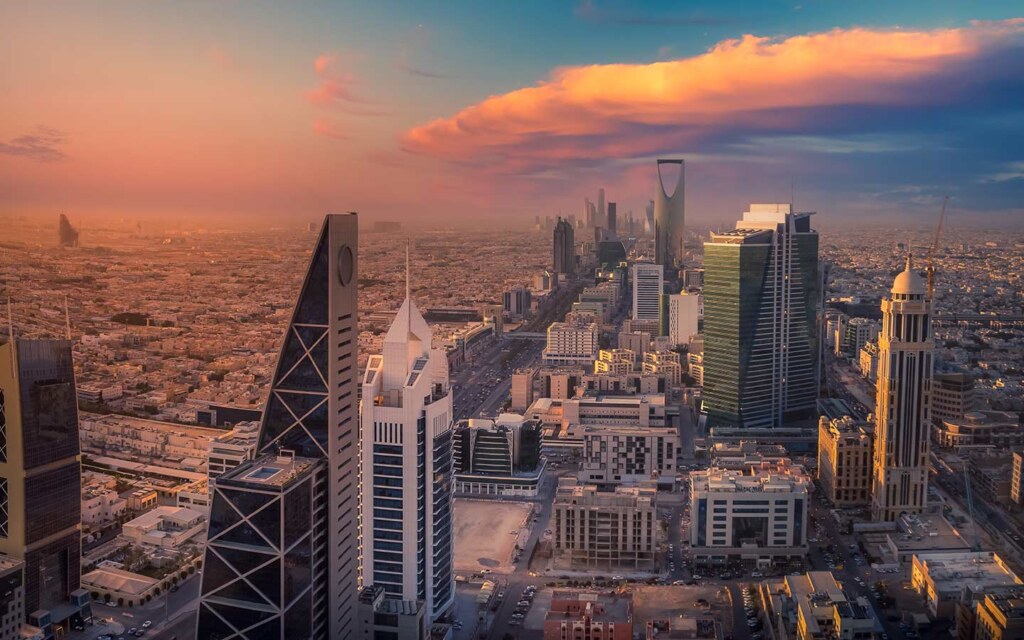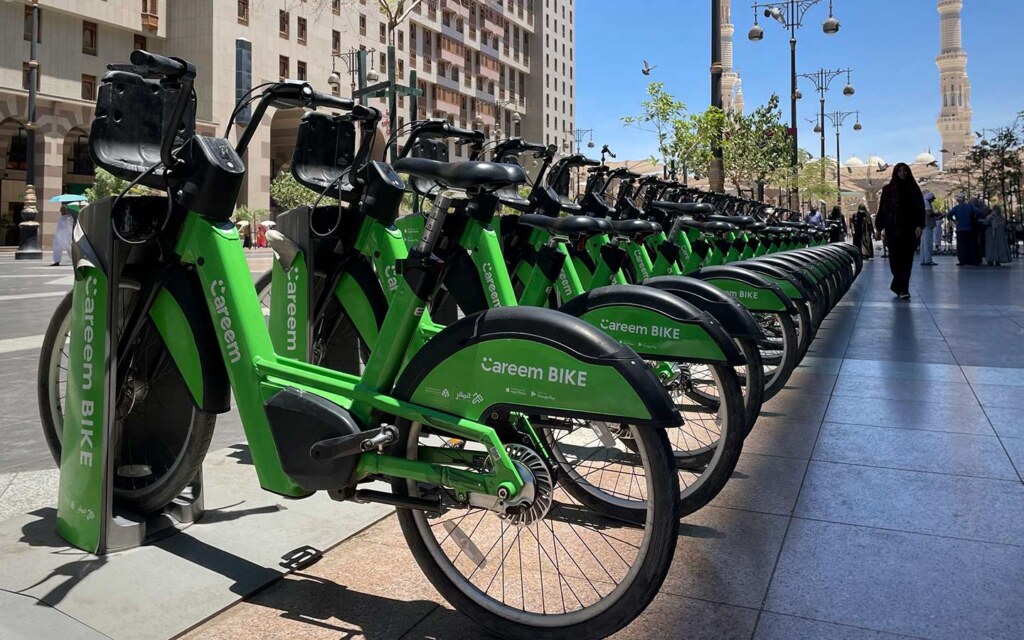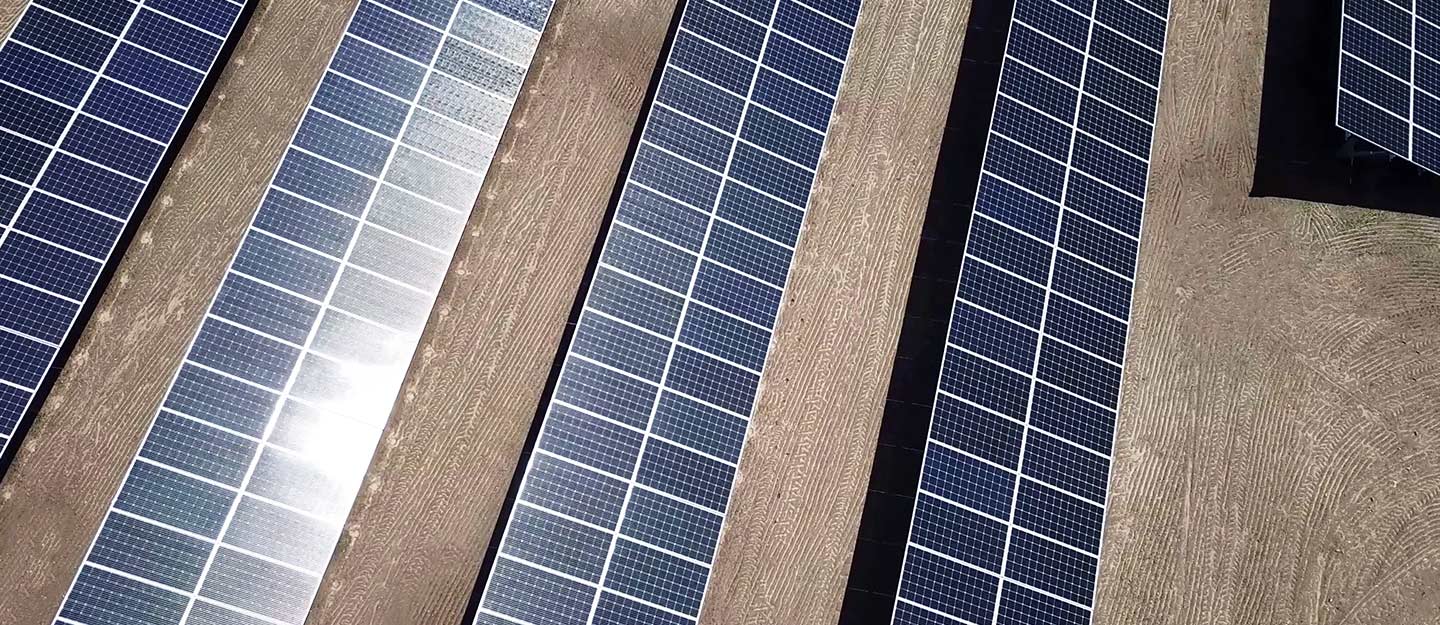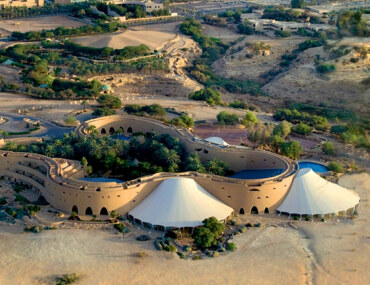The use of solar energy in government buildings is rapidly becoming a cornerstone of Saudi Arabia’s commitment to sustainability and energy diversification. As part of the Saudi Vision 2030 agenda, the Kingdom is embracing renewable energy not just for homes and industries, but across its public infrastructure. With the government leading by example, solar energy in government buildings represents a shift toward cleaner power sources, reduced energy costs, and a greener urban future.
Saudi Arabia has launched several programs to integrate solar energy in government buildings nationwide. Ministries, schools, hospitals, and municipal offices are increasingly using solar panels to power lighting, air conditioning, and even water heating systems.
For example, projects in Riyadh and NEOM are adopting advanced photovoltaic systems to meet sustainability standards. The Saudi Energy Efficiency Center (SEEC) and the Ministry of Energy have issued guidelines to encourage energy-efficient retrofitting of government facilities.

Examples of Solar Energy Projects in Saudi Arabia
There are many examples of solar energy projects that demonstrate Saudi Arabia’s growing leadership in renewable technology:
- King Abdulaziz City for Science and Technology (KACST) operates research programs focused on solar cell efficiency.
- The Sakaka Solar Plant, one of the largest in the region, powers more than 70,000 homes.
- Government schools in Al-Madinah and Al-Qassim are being fitted with rooftop solar systems to reduce grid dependency.
These projects highlight how solar energy in government buildings can support both environmental and economic goals by lowering emissions and saving on public spending.
You may also be interested in Urban Planning in Saudi Arabia – Building Sustainable Cities for the Future.
Regulations for Solar Panels in Buildings
To ensure safety, quality, and efficiency, Saudi Arabia has established clear regulations for solar panels in buildings. The Saudi Standards, Metrology and Quality Organization (SASO) sets technical requirements for installation and maintenance, while the Ministry of Municipal and Rural Affairs and Housing oversees compliance for urban structures.
Government buildings must adhere to these standards before connecting to the grid, ensuring that solar energy in government buildings contributes to both sustainability and reliability.
Is Solar Energy Prohibited in Saudi Arabia?
Contrary to some misconceptions, solar energy is not prohibited in Saudi Arabia — in fact, it is strongly encouraged. The government views renewable energy as essential to achieving energy security and environmental goals. Incentives, subsidies, and private-sector partnerships have made it easier than ever to invest in solar energy in government buildings and private developments alike.
Does Saudi Arabia Manufacture Solar Panels?
Yes. The Kingdom is investing heavily in local solar panel production as part of its strategy to reduce reliance on imports. Several factories in Dammam and Jubail now manufacture photovoltaic cells and components, helping to supply large-scale projects — including solar energy in government buildings and renewable energy farms.

What is the Future of Solar Energy in Saudi Arabia?
The future of solar energy in Saudi Arabia is bright. With initiatives like the National Renewable Energy Program (NREP), the Kingdom aims to generate 50% of its energy from renewables by 2030. Expanding solar energy in government buildings is a vital step toward achieving this target, setting a strong example for private investors and citizens alike.
Read also: Sustainable Real Estate Development in Saudi Arabia.
A Brighter Tomorrow Powered by Solar Energy in Government Buildings
The widespread adoption of solar energy in government buildings marks a turning point in Saudi Arabia’s sustainability journey. By harnessing clean energy, implementing strong regulations, and investing in local manufacturing, the Kingdom is paving the way for a more efficient and environmentally responsible future. As solar power continues to expand across the public sector, Saudi Arabia stands as a model for how innovation and policy can work together to power a brighter tomorrow.
For more insights on the Saudi real estate market, career opportunities, and industry updates, visit My Bayut Saudi Blog and follow us on social media for the latest trends.





